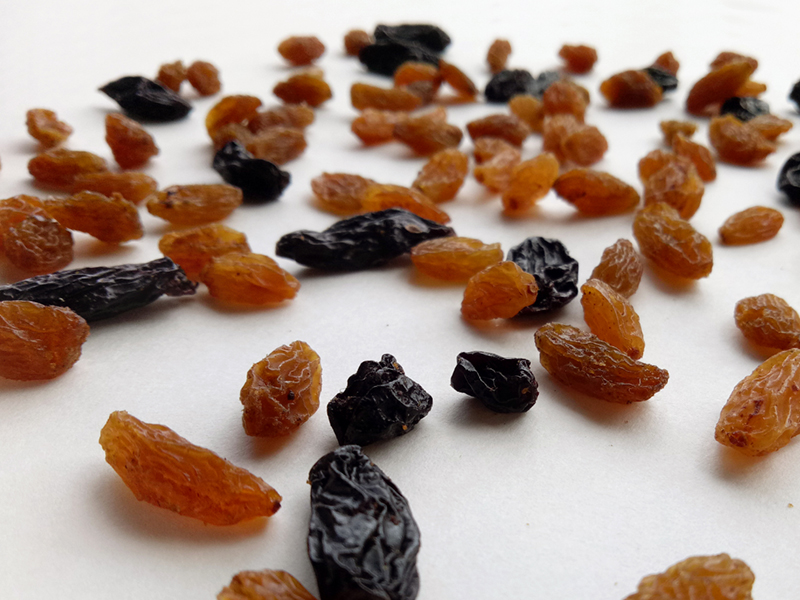
“We’re told there is demand overseas, so we need to make sure we’re a big part of filling that. We can get a premium for our fruit in those overseas markets, so it’s good that the marketing message is getting out to those new markets in Asia. Australian horticulture has got a reputation for being clean and green and we need marketing like this to remind those new markets of that.”
Malcolm Bennett, dried grape producer, Victoria
The opportunity
The taste and quality of Australian dried grapes are well known internationally, but their many health benefits are less well known. Research showed that Australian dried grapes are healthy and full of natural goodness – traits highly desired by overseas consumers and a highly marketable point of difference to leverage Australian exports.
The approach
Utilising evidence-based research, key messages were developed as part of a framework to communicate the health benefits of Australian dried grapes to export markets. These messages were used in promotional materials across a variety of channels, aimed primarily at China, Singapore, and Japan. Careful attention was paid to translation, ensuring key messaging and campaign themes resonated well with local consumers, regardless of language or cultural differences.
The development of a new, differentiated product and promotion for Australian Sunmuscats was also undertaken to grow take-up in the growing European and Asian snack markets.
“Australian Golden Sultanas” was also trademarked for future use in strategic Asian markets, primarily in China.
In Europe, activities included advertisements in the 2020 Bako diary and calendar – popular tools for German bakers. German bakeries pay a premium price for Australian dried grapes, with bakery outlets remaining the primary market for Australian dried grapes in Europe.
The outcome
With the help of various marketing activities, the reputation and desirability of Australian dried grapes remains high. The industry is well poised for future export growth, backed by several key trade relationships, which strengthened considerably during 2020-21, especially among buyers, supermarkets, and snack market representatives in Asia and Europe.
